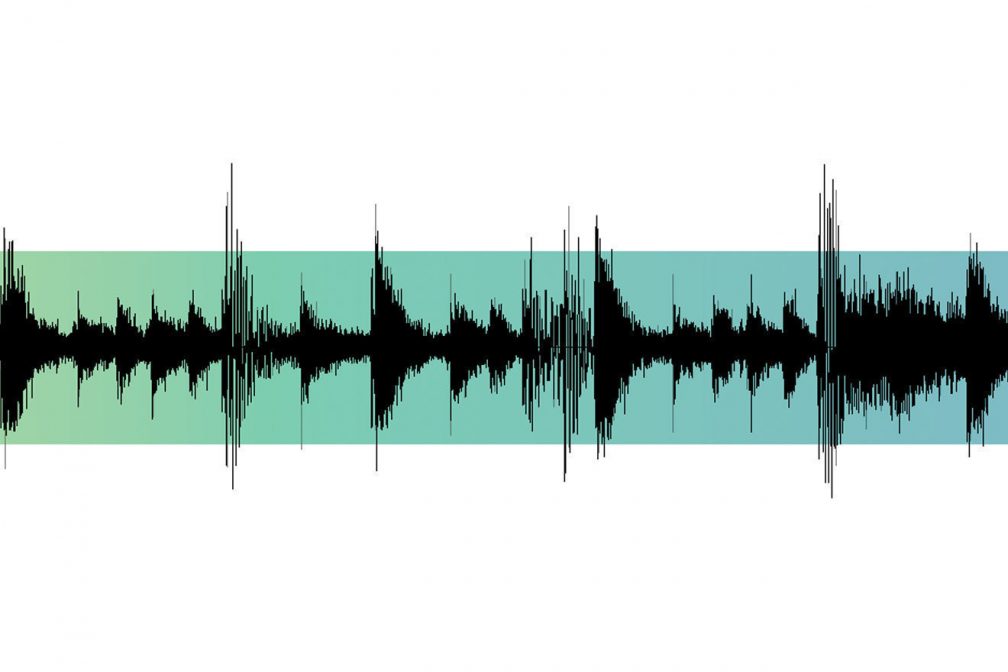
These are the breaks
For a few years now, the breaks genre has been left out in the cold. Is it time to reclaim the beats?
Yet none of those factors should equate to the tag’s apparent plague-like properties. Perhaps its decline was as timely as its genesis? Breaks was one of the last genres to grow without established streaming platforms and the heavy hand of social media. Sure, it had some passionate forum communities – similar to that of d’n’b – but there was little sharing, liking or spreading beyond those who were already fans. While this ensured a knowing underground spirit among fans and meant a myriad of localised crews developing their own sound and parties, it could never compete with what was to follow and consequently eclipse it: the homogenising effect of blogs and streaming sites that powered the more global sounds of electrohouse and dubstep. Genres that trampled breaks to a bassy pulp, kept alive by a life-support system such as nu-jungle, bootlegs and a small but passionate fanbase.
Leading breakbeat acts either switched to house or dubstep, disappeared or, in rare cases, continued to do their own thing but without using the word ‘breaks’. Promoters wouldn’t book it, radios wouldn’t touch it, YouTube music channels wouldn’t support it, only a few specialist blogs would use the genre name. Recently I’ve heard of one act being told by their manager never to use the term, and that one label has changed their track descriptions to get radio pluggers to check their releases. And this is the problem…
All genres have shady shark-jumping chapters. But do you think Jeff Mills lost sleep when Mauro Picotto took techno to the charts? Did Masters At Work retire when David Zowie assumed the role of house dealer every weekend? Did DMZ shut the studio down when Modestep rocked up and showed dubstep a massive chart-slapping sign? Will DJ Hype denounce d’n’b now Take That are involved? No. Genre fashions come and go, but they don’t completely die. Or at least they shouldn’t. Breakbeat, as a genre, is a handy way of describing a vast range of exciting non-4/4 electronic music and should work as widely as as terms like ‘house’ and ‘techno’. It captures an aesthetic or motion rather than a specific set of rules, and it deserves a second chance. And while industry behind-the-sceners, who base a lot of faith in social media stats, may still snub it, there’s a whole heap of really fucking exciting artists involved.
Back to the future, and a new melting pot is being brewed by dissidents of house, future house, d’n’b, trap, dubstep and bass music. In the wake of post-EDM, deep house, dubstep and bass house, in the shadows of crass pop features on d’n’b hits, breakbeats are being drawn from a wider cross-section of genres and are more dominant in electronic music than they have been in years. From Bristol’s S.O.B.A.D. collective to Dallas’s Broken Syndicate by way of Birmingham’s Four40, Stanton Warriors’ Punks, AC Slater’s Night Bass and so much more, breakbeats have reattained their status as the universal drum language that glues otherwise disparate genres and scenes together. And while I’m not expecting any crew or artist making this music to start calling it ‘breaks’ I am keen that we get over ourselves and expunge the negative connotations the b-word has been shrouded in for the last 10 years. Sure, it’s had its low moments – show me a genre that hasn’t – but right now it’s one of the heaviest influences in electronic music. And it sounds good, right? Say it again.



